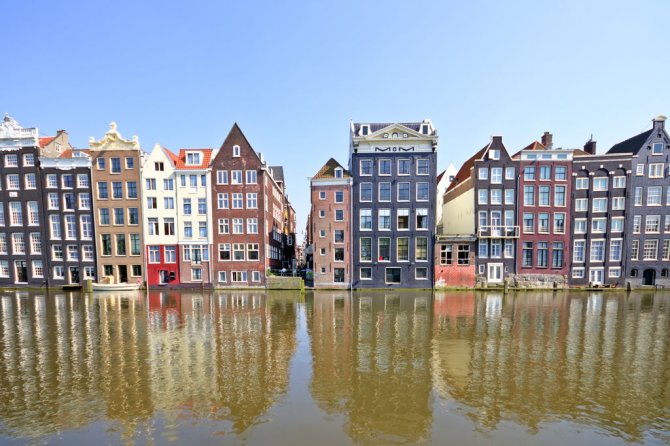
Project
FUNqyWATER: Multifunctional urban water quality (Urban Pulse II program)
In many western economies, there is growing demand for use of urban water for recreation, food production, thermal energy provision and other uses. Densification of urban areas puts pressure on urban water systems to provide multiple use functions. Water quality in European cities improves and together with technological advancements, this results in new opportunities for urban water use.
The potential supply of use functions is however limited by water quality, quantity and accessibility of water bodies. Urbanization and industrialization have affected these parameters, while extreme wet and dry periods resulting from climate change will exert an additional pressure on urban water systems. Scientists and practitioners suggest delineation of management units in the water system to manage use and to guide investments in this system. Thus, better insight into locally specific potential for multifunctional urban water use is required.
Challenge
Existing literature and assessment frameworks do not provide the scientific basis for an integrated assessment of urban surface waters. They do not take into account all use functions that these waters may provide. Nor do they account for bundles of use functions, temporal and spatial variability, or a clear distinction between use function potential, use and demand.
Research goals
FUNqyWATER aims at a scientifically underpinned assessment framework that enables identification of the potential for multifunctional use of urban surface water and of water management options to optimize potential for multifunctional use.
The underlying research goals are:
- Assess trends in urban surface water useand future demand for use functionsresulting in a selection of use functions to beincluded in the framework.
- Establish criteria and indicators todetermine the potential provision of theseuse functions, and to integrate them forbundles of use functions.
- Identify the key parameters that influencetemporal and spatial variability for potentialsupply of use functions.
- Assess water management measures tooptimize potential provision of usefunctions.
- Test the framework for applicability in twocase studies: Toronto (Canada) and Amsterdam (The Netherlands).
